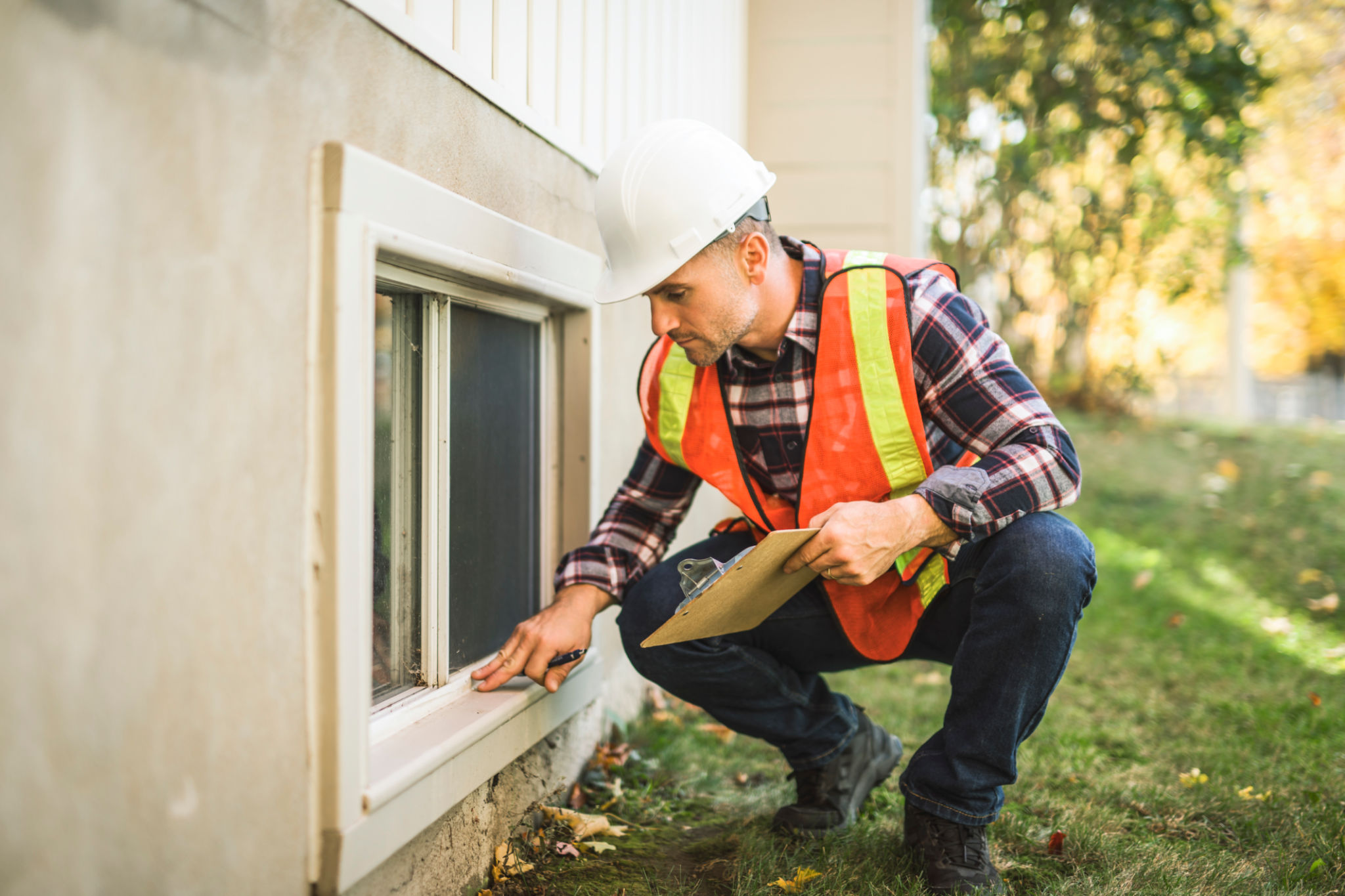Navigating the Home Buying Process: From Offer to Closing
Understanding the Offer Process
The journey from placing an offer to closing on a home can be both exciting and overwhelming. Initially, once you've found your dream home, the first step is to make a formal offer. This involves determining an appropriate price based on market research and the home's condition. Often, a real estate agent will assist with crafting a competitive offer to increase the chances of acceptance.
Once the offer is submitted, be prepared for negotiations. Sellers may counter your offer, which can lead to several rounds of back-and-forth discussions. It's crucial to remain flexible yet firm on your budget and terms.

Securing Financing
After your offer is accepted, the next step is securing financing. This involves choosing a lender and obtaining a mortgage. You'll need to provide financial documentation, including income statements, credit history, and employment verification. It's important to shop around for the best interest rates and terms.
During this phase, a pre-approval letter is beneficial as it shows sellers that you're serious and financially capable of purchasing the home. Be sure to understand the different types of loans available, such as fixed-rate and adjustable-rate mortgages, to choose the one that best suits your needs.

The Importance of Home Inspections
A crucial part of the home buying process is conducting a thorough inspection. Once your offer is accepted, schedule a professional inspector to evaluate the property. They will check for any structural issues, plumbing or electrical problems, and other potential concerns.
Inspection results may influence your decision to move forward with the purchase or renegotiate terms with the seller. Sometimes, issues discovered during the inspection can lead to repairs being made or adjustments in the sale price.

Appraisal and Finalizing Your Loan
The lender will require a home appraisal to ensure the property's value aligns with the loan amount. This step protects both you and the lender by verifying that you're not overpaying. The appraisal is conducted by a third-party professional who provides an unbiased estimate of the home's market value.
Once the appraisal is complete and satisfactory, loan underwriting begins. This is the lender's process of reviewing all documentation to approve the final loan terms. Stay in close communication with your lender during this phase to address any additional requests or conditions.
Closing the Deal
The final stage of the home buying process is closing. Prior to closing day, review all documents provided by your lender and ensure all conditions have been met. It's advisable to conduct a final walk-through of the property to confirm its condition matches the agreement.

On closing day, you'll sign numerous documents, including the mortgage agreement and property deed. Be prepared for closing costs, which typically include fees for the lender, title company, and other services related to the transaction.
Celebrating Home Ownership
Once all documents are signed and funds are transferred, congratulations are in order—you are officially a homeowner! Take time to celebrate this significant milestone. Remember that owning a home comes with responsibilities such as maintenance and property taxes, so plan accordingly.
Navigating the home buying process requires patience and diligence, but with careful planning and expert guidance, it can lead you to your dream home.
